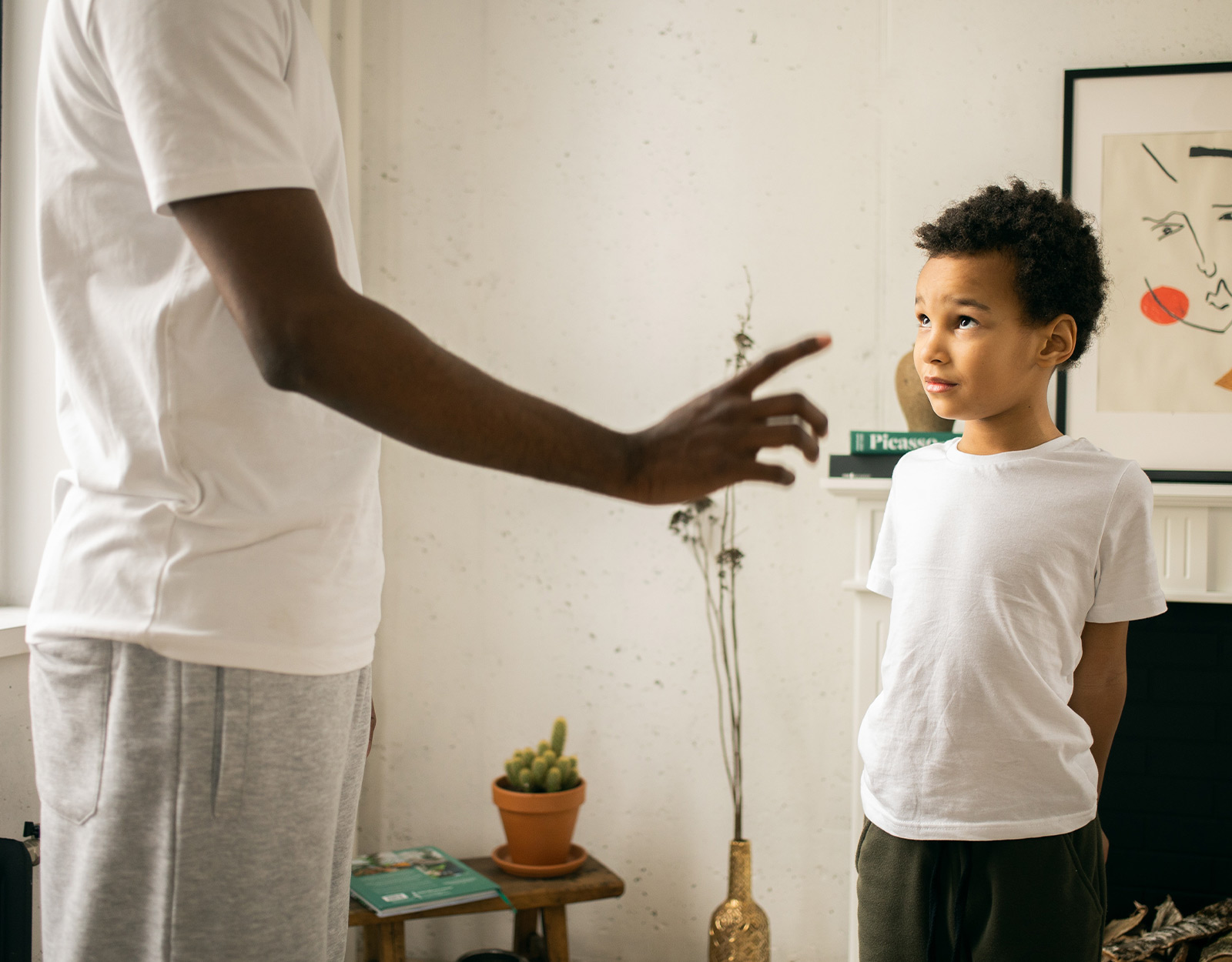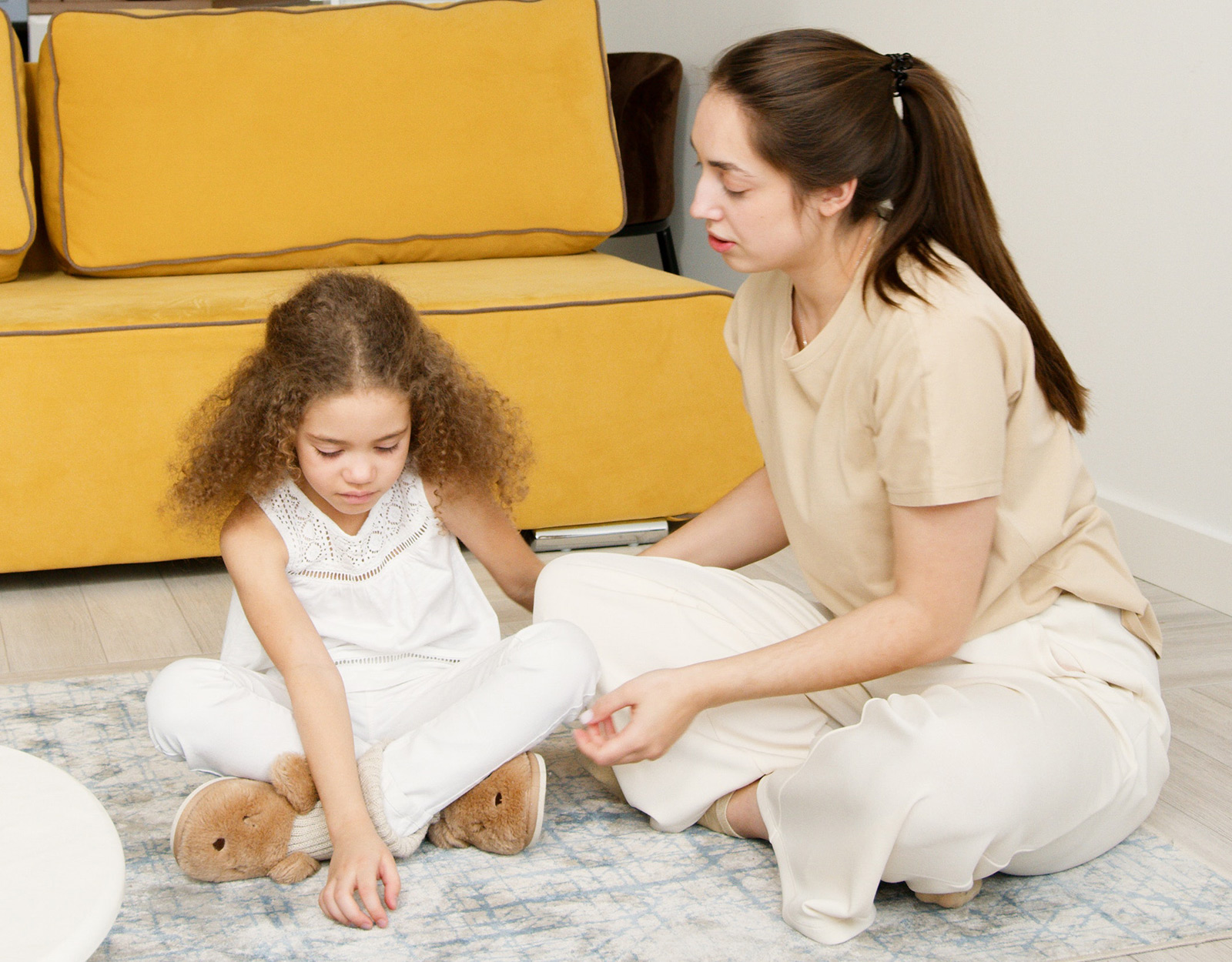Kids
5 Things To Keep in Mind When Disciplining Your Kids
Although it’s hard to be mindful in the heat of the moment, a little practice is all it takes to assure you’re disciplining your kids properly.
Discipline — that’s a virtue that many traditional parents like to say that many of the younger generations don’t have today. Having their own opinions, calling out relatives for their remarks and behaviors, and functioning in a “clean” mess, we always try to discipline our kids to do the right thing. But sometimes, discipline doesn’t always go the right way. Here are things to keep in mind when disciplining our kids.

1. Discipline our kids’ behavior, not the emotion.
In the heat of scolding or disciplining our kids, we get angrier when they cry. When the waterworks start, we feel more frustrated and triggered because we’re also frustrated by how they seemingly can’t understand that we’re trying to teach them something. But remember that they’re crying because they’re struggling to understand, not because they’re trying to piss us off.
2. Is the consequence related to the problem?
A lot of disciplinary actions fall out because the consequence we give to our kids is not related to the problem at all. For example, when we scream at our kids for spilling a glass of milk, all they learn is that a glass of milk means getting yelled at but are still not sure how to fix the problem. They learn nothing when we spank them either except that they shouldn’t do it because they’re going to get hit for it. Sure, it teaches survival, but it doesn’t teach problem-solving.
Discipline and conditioning work hand-in-hand in teaching children how to be creative. Disciplining using physical force is a reason some of us throw our smartphones or hit them when they don’t work or when we’re sore losers.
3. Am I still trying to teach them?
It’s easy to blur the lines between discipline and power-tripping, especially when trying to understand why you’re doing it that way. Discipline would mean keeping a calm head and telling yourself that they have to learn but also listening to our kids’ frustrated requests to teach them. Power tripping is simply ignoring their requests and reacting to the behavior, which leads us to #4…
4. Am I acting or reacting?
The difference between the two is that reacting has us responding to just the behavior and nothing else. But acting on the problem means noting down all the factors that led them to act out. While many of us are not patient enough to do so because our parents didn’t model it to us when we were young, we can still learn how. Catching when our voices become higher, our heads heat up, our hearts palpitate, and our bodies twitch — these are common reactions that we need to catch before we discipline our kids and focus more on acting on the problem.
5. If we are in the right head space…
Disciplining kids when you’re just fresh out of work, frustrated with the commute or clients, is not a good idea. Our own frustrations with other things can mess us up with disciplining our kids properly. And while there is no perfect way to do it, we can at least make sure that our children don’t become undeserving targets of our work-related stress.

There’s no perfect way to discipline kids.
The way we discipline our kids can be affected by a lot of things. But the most important thing to consider is if they will learn anything after the discipline. A lot of times, children repeat the same inappropriate behavior because they only learned the fear but not the reason they shouldn’t do it. It is a frustrating journey to mold good human beings, but remember: they’re a work in progress just like we are.
More about disciplining kids?
This Is What Happens When You Spank Your Kids
Why the Silent Treatment Doesn’t Teach Kids Anything
Abuse vs. Discipline: What are the Differences?





